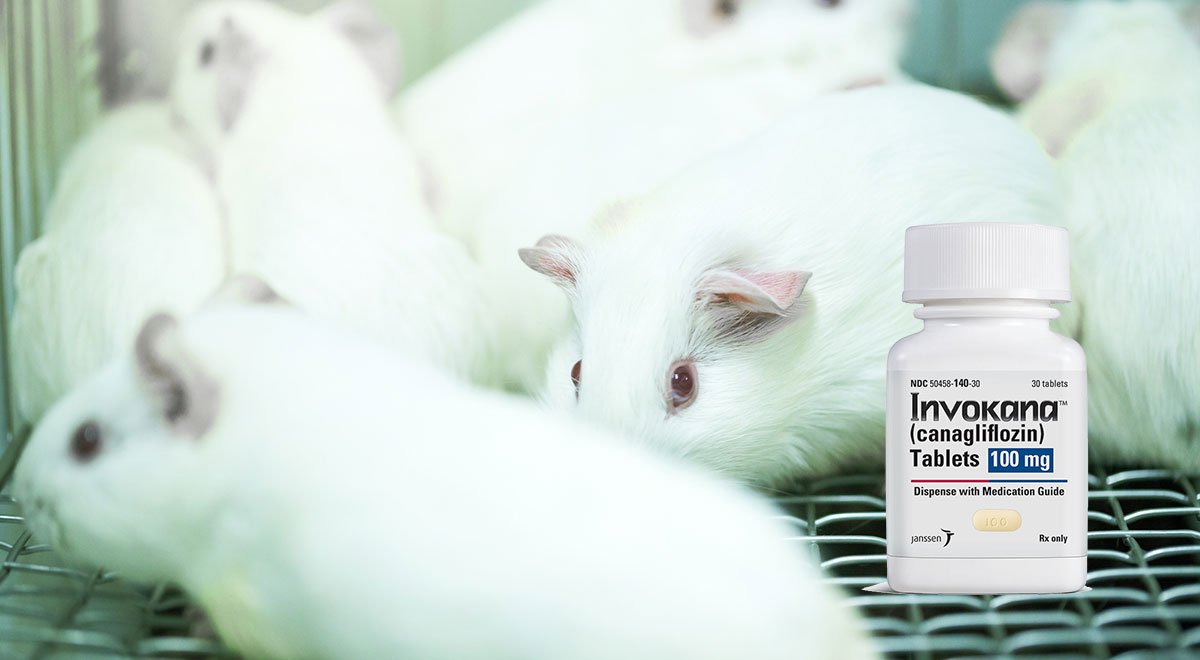If you were fully informed about the potential side effects of a medication, would you still choose to take it?
This is the cause of action in the growing number of lawsuits against drug companies, such as those naming Janssen Pharmaceuticals and Mitsubishi Tanabe, the makers and sellers of the diabetic drug Invokana (canagliflozin).
While this medication was approved by the FDA in March of 2013, no warning was issued about any side effects until December 2015 – over two and a half years later. Furthermore, the specific side effect that was the subject of the warning – ketoacidosis – had started showing up in FDA reports only a few weeks after approval.
Even before approval, scientists expressed concern about Invokana and possible links to more harmful side effects that include kidney failure, pancreatitis, heart disease and osteoporosis. Despite these concerns, the FDA went ahead and granted approval on the condition that Janssen conduct no fewer than five post-marketing studies. This, in essence, turned health care consumers into experimental guinea pigs.
But here is the clincher – something that Big Pharma doesn’t want the public to know. While there is no cure for Type I diabetes (a congenital disorder caused by a non-functioning pancreas), Type II diabetes can be controlled and even reversed in many cases simply by making lifestyle changes. These include eating a healthier diet, losing weight and increasing physical exercise that includes strength training. Certain herbal supplements, including cinnamon and ginseng, and Vitamin D can also help in controlling glucose levels.
For many years, the front-line treatment for Type II diabetes has been metformin, a relatively innocuous medication that decreases glucose production in the liver. Invokana is part of a new class of drugs, known as SGLT-2 inhibitors. These drugs operate by preventing the kidneys from reabsorbing excess glucose, which is then passed through the urine. Originally, this was hailed as a great innovation – but as testimony in a growing number of lawsuits have revealed, the potential for harm is greater than the benefits.
That potential for harm was known even before Invokana was given the green light. Yet, the FDA went ahead and allowed Janssen Pharmaceuticals to conduct what essentially amounts to lab experiments on patients without their knowledge and consent. It is one more indication that the FDA – a regulatory agency charged with protecting consumers – is failing in its job, and is increasingly becoming a handmaiden of Big Pharma.

